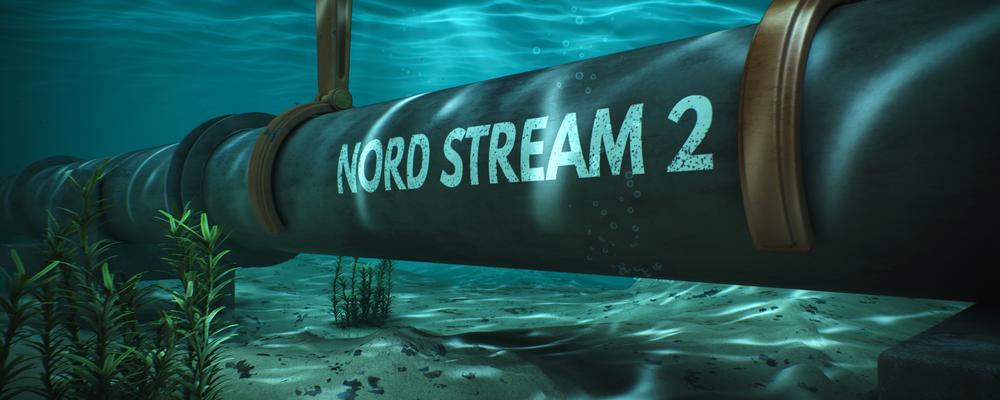On Tuesday there were alarming reports of natural gas pouring into the Baltic Sea from ruptures in the pipelines Nord Stream 1 and 2 near the Danish island Bornholm. The extent of the leaks is still unclear, but marine biologist Thomas Dahlgren at the University of Gothenburg says it’s harmful to marine life.
"We know that high concentrations of natural gas are toxic to fish. In this case it’s the Baltic cod I believe is at risk. But it probably affects other species as well", says marine biologist Thomas Dahlgren at the University of Gothenburg.
How do you know that?
"Because studies on the impact on fish when large emissions from gas and oil extraction happens have been carried out. Gas and oil companies are very quick to shut down leaking lines. This type of large leaks is rare and the effects are therefore difficult to predict. But this pipeline leak is most likely bad news for the sensitive ecosystem in the Baltic Sea."
What happens to the gas when it leaks from a pipeline at the seabed?
"The methane gas dissolves in the water. Minor methane leaks occur naturally and are not harmful, but when the concentrations are high it’s very bad for marine life. If there is a large release under high pressure, much of the gas rises to the surface as bubbles."
Where does the gas go then?
"It leaks into the atmosphere, which is also bad. Methane is one of the worst greenhouse gases as it contributes to climate change. But unlike carbon dioxide, the gas breaks down after a few years."
What to do now?
"Fix the leaks as soon as possible. But it seems to be a large leak which means it’s dangerous to be nearby. There is a risk of fire and explosion."
Contact: Thomas Dahlgren, marine biologist at the department of marine sciences phone: +46 (0)703-66 20 42, mail: thomas.dahlgren@marine.gu.se
